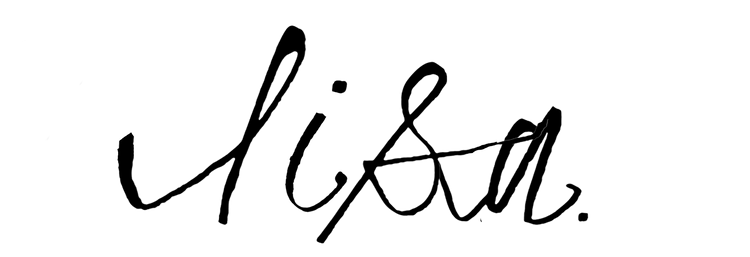We have spoken about ANGER a few times on JOY IS NOW and I can see that it is going to be a recurring emotion for discussion. It’s so pivotal and important and something that we don’t talk about often, especially as women. Or maybe we do talk about it with each other, but those conversations are never placed front and center. So let’s put them there starting now.
Our last ANGER discussion focused on rage with guest Sharon Zimmerman, and I invite everyone to give a listen to that episode. She and I discuss a lot of neurology and the pathway that anger sparks and the flight or fight circuit it creates physiologically. Dr. Ryan Martin came up and I want to share again here, his theory regarding Anger as a response to injustice as well as anger not occurring in a vacuum. It has become a widely accepted idea that anger not only alerts us to injustice, but the neurological pathway and circuit that anger follows as part of fight or flight, actually prepares us with the energy to fight these injustices. All of this along with the expression of anger being a combination between anger itself and whatever the other emotions are being felt at the time. So anger and guilt, anger and impatience, anger and frustration, etc. I like to begin the discussion with Dr. Martin’s theory yet again, because I like how it highlights what many of us experience, which is that perhaps no emotion exists in a vacuum.
I found some interesting ideas about the spectrum of anger and what I found was that the English language allows for very few adaptations of the emotion. In other words, while we do differentiate between different kinds of anger, like exuberant anger when preparing to compete in sports or sad anger when we feel unappreciated at home or work, the words are the same. Anger is anger, whether it is violent or not. In the United States, especially, we generally do not differentiate between the shades of anger. The biggest allowance of the spectrum is from frustration, to anger, to rage. Other languages and cultures allow for anger to pleasure in nuance. Even the ancient Greeks differentiated with language between short term anger and anger of a more long lasting permanent nature. Mandarin Chinese has a specific word for when we direct anger at ourselves HUIHEN - which translates to a combination of regret and hate. The Thai language allows for at least 7 degrees of anger and in India there are different words for political anger, personal anger, and loving anger - which presents as a mix of grief, love, anger and sorrow.
All of this is to say that anger deserves our attention and contemplation. It’s important to distinguish between where the anger is coming from. In order to work with our anger, or as Dr. Martin theorizes, to really gain from it and use it to do the work, we must begin to acknowledge the other emotions that come along with it. Psychoanalyts dating back to Freud and his papers on Melancholia and Mourning have long associated anger with grief and that depression is a direct result of unexpressed anger. This has gone in and out of favor as a theory as more has been discovered via neuroscience and practice, but as someone who has practiced psychoanalytically, I can say that personally I have experienced this in my clinical work. And certainly more among women.
It may be that anger is often seen as having negative consequences and of course anyone who experiences trauma connected to anger is probably either going to avoid it at all costs or run toward it with all of their might in an attempt to test their safety. But I wonder about conflict as related to anger. Especially in the United States. It seems in general we do a bad job of holding space for multiple truths, especially when it comes to interacting with injustice. Conflict is sort of a gentler form of anger but we often hear people say, oh I avoid conflict at all costs. Or conflict makes me really uncomfortable. And it’s like, well, why? I think that perhaps, conflict and the many shades of anger force us to test our own belief system. Which for many of us is extremely challenging. Accepting multiple truths isn’t something we are born doing. It’s earned through skill building and doing our own internal work. I guess what I’m saying is that it’s all work. Anger, conflict, rage, outrage, to understand it, to grow from it, to sit with it, it’s all work.
For more on ANGER listen to JOY IS NOW Episode 58 with Linda Fahey

Leave a comment